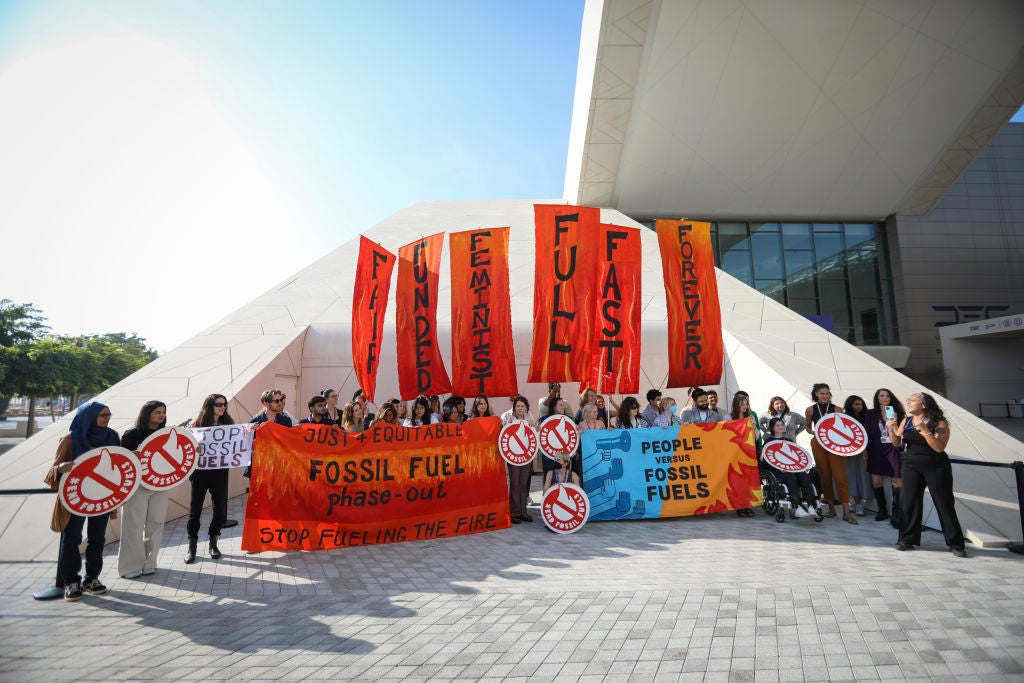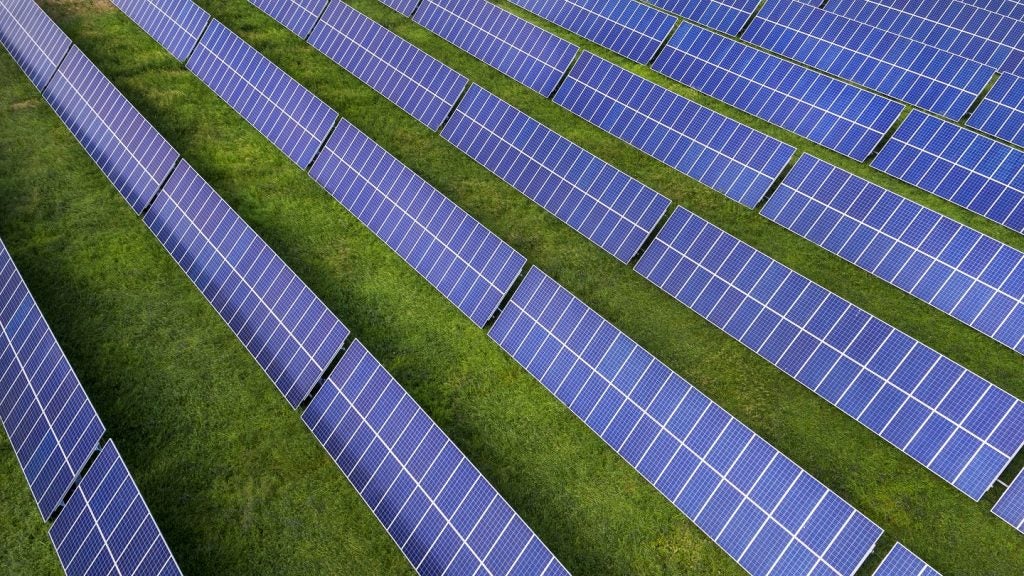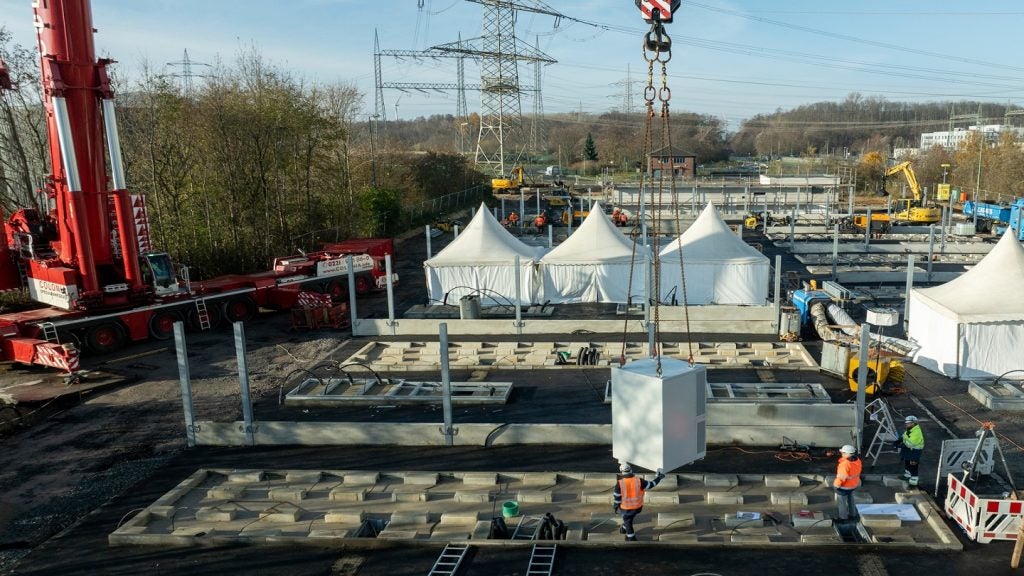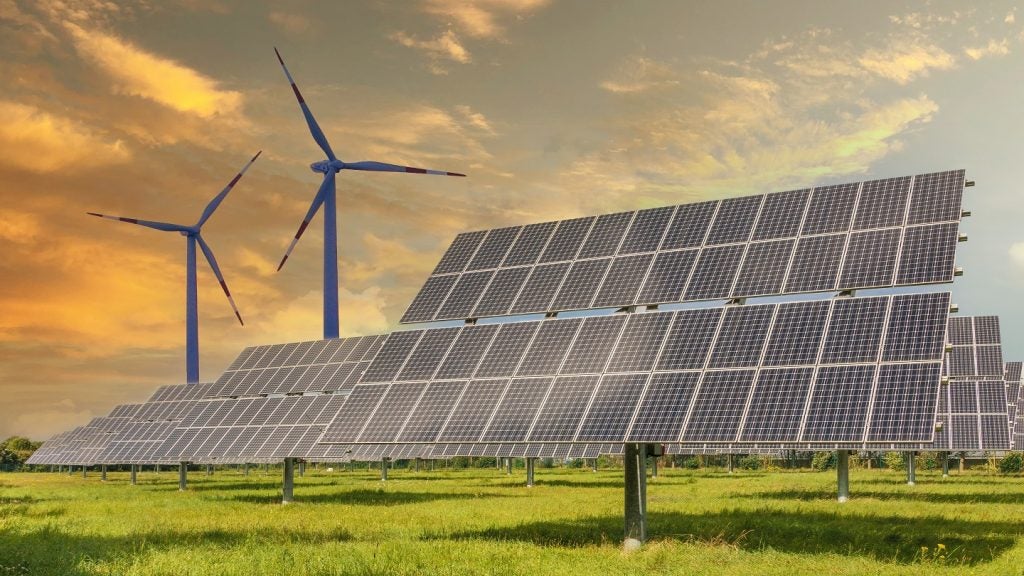The European Council (EC) and European Parliament have reached a provisional agreement to reform the EU’s electricity market design.
According to the EC, the reforms will “make electricity prices less dependent on volatile fossil fuel prices, shield consumers from price spikes, accelerate the deployment of renewable energies and improve consumer protection”.
In March 2023, the Commission laid out the initial proposals for energy market design. These included the provision of contracts for difference (CfDs), which give electricity producers a guaranteed strike price for their output over a certain period to lock in prices and combat the volatility of energy markets.
However, France and Germany disagreed about the use of CfDs for nuclear energy. Germany opposes the move as it does not want governments to give nuclear companies an unfair advantage and distort the existing price mechanism in European energy markets. Meanwhile, as the biggest nuclear energy producer in Europe, France strongly advocates for CfDs to reduce investment risk in nuclear.
Nevertheless, they reached an agreement later in the month, under which the EC would ensure that CfDs were “properly designed” to not distort competition in EU energy markets and that the use of CfDs to prolong the lifespans of existing plants would be optional, not mandatory. CfDs will apply to investments in new power-generating facilities based on wind, solar and geothermal energy, hydropower without reservoir and nuclear energy.
The EC said: “The rules for two-way CfDs will only apply after a transition period of three years after the entry into force of the regulation, in order to maintain legal certainty for ongoing projects.”
Teresa Ribera, Spanish Third Vice-President of the Government and Minister for the Ecological Transition and the Demographic Challenge, said: “This deal is great news as it will help us reduce even more the EU’s dependence on Russian gas and boost fossil-free energy to cut greenhouse gas emissions. Thanks to this agreement, we will be able to stabilise long-term markets, speed up the deployment of renewable and fossil-free energy sources, offer more affordable electricity to the EU’s citizens and enhance industrial competitiveness.”















